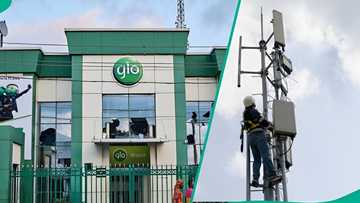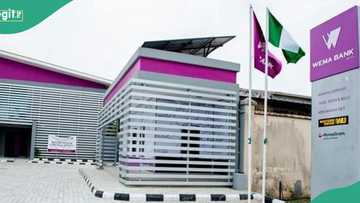Top 10 tech startups in Nigeria ranked by their market value and funding
The Nigerian tech startup scene is growing fast, with many companies getting high market values and lots of funding. Harry Tomi Davies, a Nigerian-British investor and Collaborator-in-Chief (CiC) at TVC Labs, shares insights on Nigeria's tech landscape in 2025, offers clarity on current market trends, and discusses the impact of the top tech startups in the Nigerian economy. Discover the top tech startups in Nigeria ranked by their market value and funding.

Source: UGC
TABLE OF CONTENTS
- Key takeaways
- Top tech startups in Nigeria
- How do these tech startups stand out in Nigeria?
- Which tech sectors attract the most investment?
- How do these startups contribute to the economy?
- How many tech startups are in Lagos?
- What is the top tech startup in Nigeria?
- Is Nigeria a tech hub?
- What are the highest-paying tech startups in Nigeria?
- What is the fastest-growing fintech in Nigeria?
Key takeaways
- Many Nigerian tech startups have achieved high market valuations, reaching billions of dollars.
- Top tech startups in Nigeria have raised a considerable amount of funding from investors worldwide.
- These startups operate in various sectors, including fintech, e-commerce, mobility, and logistics.
Top tech startups in Nigeria
Nigeria's tech industry is growing rapidly, with many startups emerging as major players in the market. These companies have secured significant funding from investors. They are also creating jobs, improving technology, and helping the economy. Here are the tech startups in Nigeria ranked by their market value and funding.
| Tech startup | Industry | Market valuation | Total funding |
| Flutterwave | Fintech | $3.2 billion | $475 million |
| Opay | Fintech | $2.7 billion | $570 million |
| Andela | Software Development & Talent Outsourcing | $1.5 billion | $381 million |
| Interswitch | Fintech | $1 billion | $320.5 million |
| Moniepoint | Fintech | $1 billion | $166 million |
| Moove | Fintech | $750 million | $260 million |
| Kuda | Fintech | $500 million | $91.6 million |
| Jumia | E-commerce | $492 million | $1.2 billion |
| Paga | Fintech | $300 million | $35 million |
| Konga | E-commerce | $200 million | $75.9 million |
1. Flutterwave

Source: Getty Images
- Founded: 2016
- Headquarters: Lagos, Nigeria
- Industry: Fintech
- Valuation: $3.2 billion
- Total funding: $475 million
Flutterwave is a fintech company founded in 2016 by Iyinoluwa Aboyeji, Olugbenga Agboola, and Adeleke Adekoya. Headquartered in Lagos, Nigeria, it operates in the U.S., Canada, Nigeria, Kenya, Uganda, and 29 other African countries.
Flutterwave provides payment infrastructure for global merchants and payment service providers across Africa. In 2022, it secured $250 million in a Series D funding round, bringing its valuation to over $3 billion and establishing it as one of the continent's most valuable startups.

Read also
Nigeria is now Africa’s fastest-growing Web3 developer hub, according to Hashed Emergent’s report
Opay
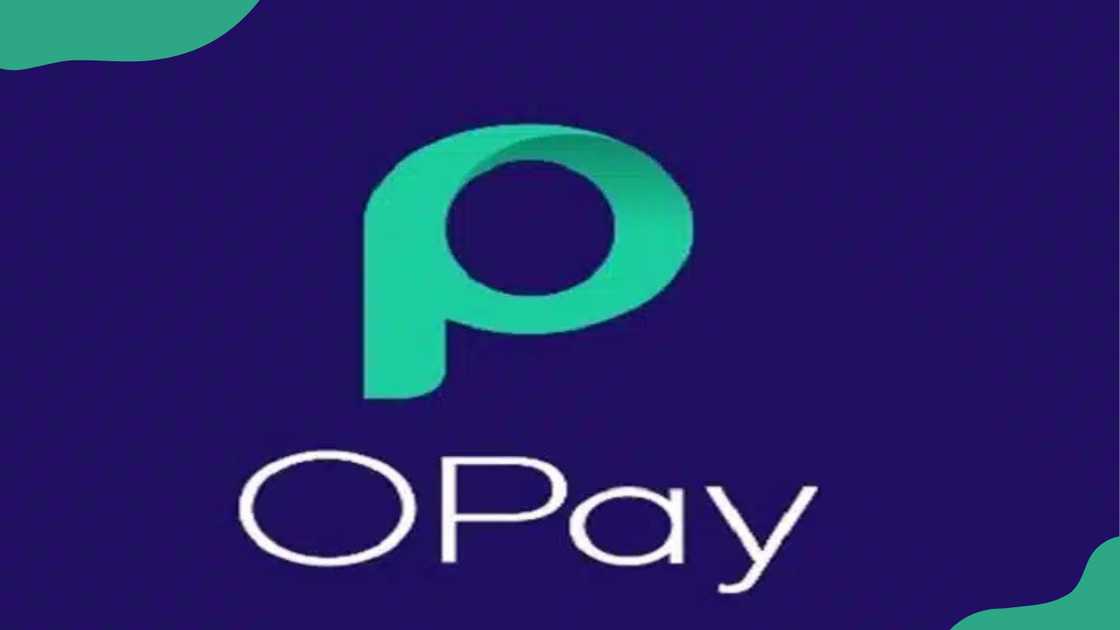
Source: UGC
- Founded: 2018
- Headquarters: Ikeja, Lagos State, Nigeria
- Industry: Fintech
- Valuation: $2.7 billion
- Total funding: $570 million
OPay is a mobile-based platform in Nigeria that offers money transfers, payments, loans, savings, and other services. It was originally established as Opay Digital Services Limited by Zhou Yahui and Djxbazz in 2013 and has its headquarters in Ikeja, Lagos State.
OPay has raised $570 million over 3 rounds from 19 investors, including Redpoint Ventures and IDG Capital. In August 2021, the Nigerian fintech company obtained $400 million during a Series C funding round. Opay's current valuation is $2.7 billion.
3. Andela

Source: UGC
- Founded: 2014
- Headquarters: Remote
- Industry: Software Development & Talent Outsourcing
- Valuation: $1.5 billion
- Total funding: $381 million
Andela is a private marketplace that connects technologists from around the world with companies seeking to hire them. Andela's software engineers undergo a coding boot camp before working remotely from the company's tech campuses across Africa.
Andela has raised a total funding of $381 million over 8 rounds. Its latest funding round was a Series E round on 29 September 2021 for $200 million, pushing its valuation to $1.5 billion.
Interswitch

Source: UGC
- Founded: 2002
- Headquarters: Lagos, Nigeria
- Industry: Fintech
- Valuation: Over $1 billion
- Total funding: $320.5 million
Interswitch is one of Nigeria's most prominent fintech companies and a pioneer in the country's digital payment ecosystem. Established in 2002 by Mitchell Elegbe, the company has grown to become a leader in providing comprehensive digital payment and transaction processing solutions to individuals, governments, banks, and institutions.
In recent years, Interswitch has been valued at $1 billion. In May 2022, the company raised $110 million in a funding round led by LeapFrog Investments and Tana Africa Capital.
Moniepoint

Source: UGC
- Founded: 2015
- Headquarters: Lagos, Nigeria
- Industry: Fintech
- Valuation: $1 billion
- Total funding: $166 million
Moniepoint, formerly TeamApt, was founded by Tosin Eniolorunda and Felix Ike in 2015. The Moniepoint company provides an all-in-one payment, banking, and operations platform for businesses and their customers.
The fintech company Moniepoint has raised over $166 million in funding. In October 2024, Moniepoint's market value increased to over $1 billion after raising $110 million in a Series C funding round. It became the eighth unicorn out of Africa.
Moove
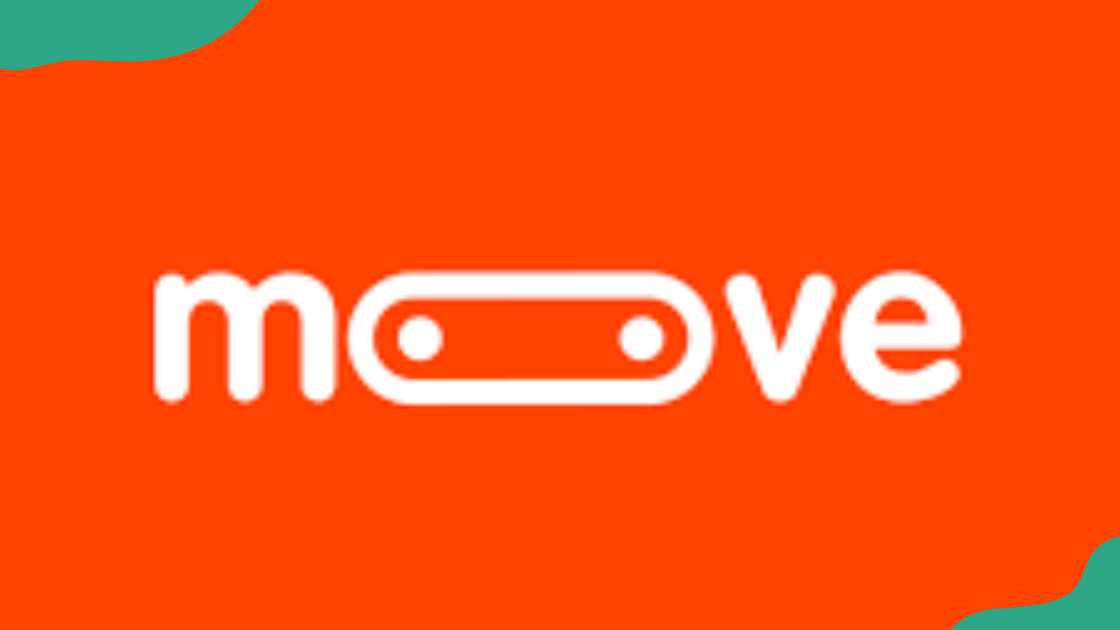
Source: UGC
- Founded: 2020
- Headquarters: Victoria Island, Nigeria
- Industry: Fintech
- Valuation: $750 million
- Total funding: $260 million
Moove is a global mobility fintech established in 2020 by Ladi Delano and Jide Odunsi. It provides revenue-based vehicle financing and financial services to mobility entrepreneurs across ride-hailing, logistics, mass transit, and instant delivery platforms.
As of 2025, Moove has raised a total funding of $260M over 14 rounds. On 19 March 2024, in its latest Series B funding round, Moove raised $100 million, bringing its total valuation to $750 million.
8. Kuda
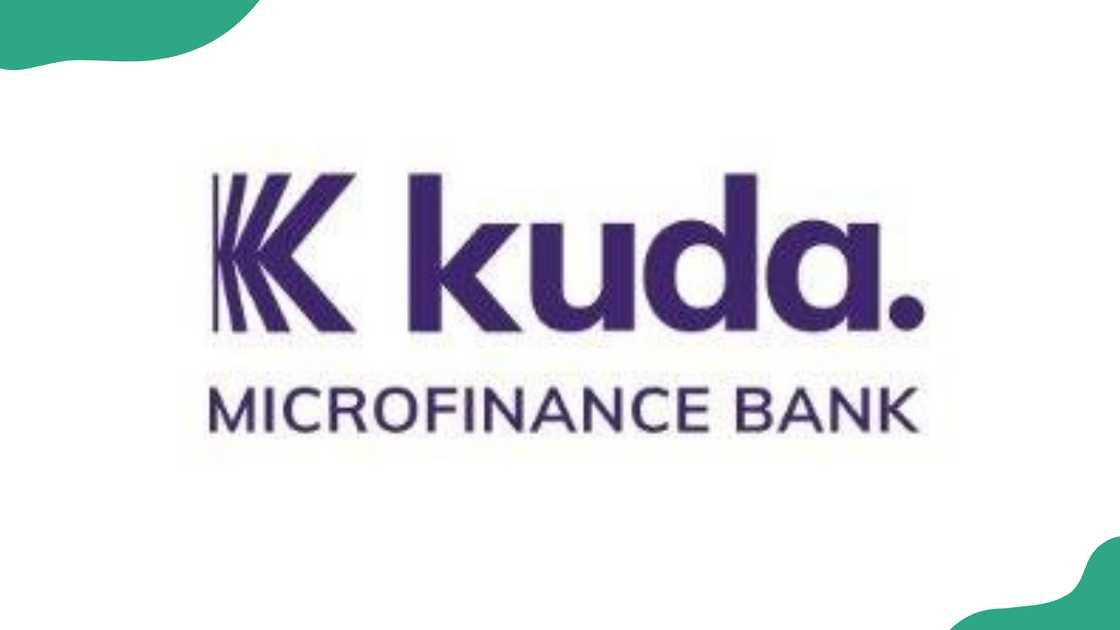
Source: UGC
- Founded: 2019
- Headquarters: London, United Kingdom
- Industry: Fintech
- Valuation: $500 million
- Total funding: $91.6 million
Kuda, also known as Kuda Technologies Limited, is a Microfinance Bank and fintech company duly licensed by the Central Bank of Nigeria. It makes financial services more accessible, affordable, and rewarding for every African worldwide. Founded by Babs Ogundeyi and Musty Mustapha in 2019, the fintech company is valued at $500 million.
Kuda has raised over $90 million from investors, including Target Global and Valar Ventures. It raised $55 million in its latest funding round, which was a Series B round held in August 2021. The company was listed as one of the seven WEF African technology startups of 2021.
Jumia

Source: Getty Images
- Founded: 2012
- Headquarters: Ikeja, Lagos, Nigeria
- Industry: E-commerce
- Valuation: $492 million
- Total funding: $1.2 billion
Jumia Nigeria is a popular online marketplace that provides logistics and payment services. It offers various products, including electronics, fashion, home appliances, and groceries. Customers from African countries, including Nigeria, Morocco, and Ivory Coast, can place orders on Jumia.
Jumia currently has a market valuation of $492 million and a total of 122 million shares. The company has raised over $593 million in funding since its first round in 2012. Jumia raised $56 million in its latest funding round, a Series D round held on 29 March 2019.
Paga
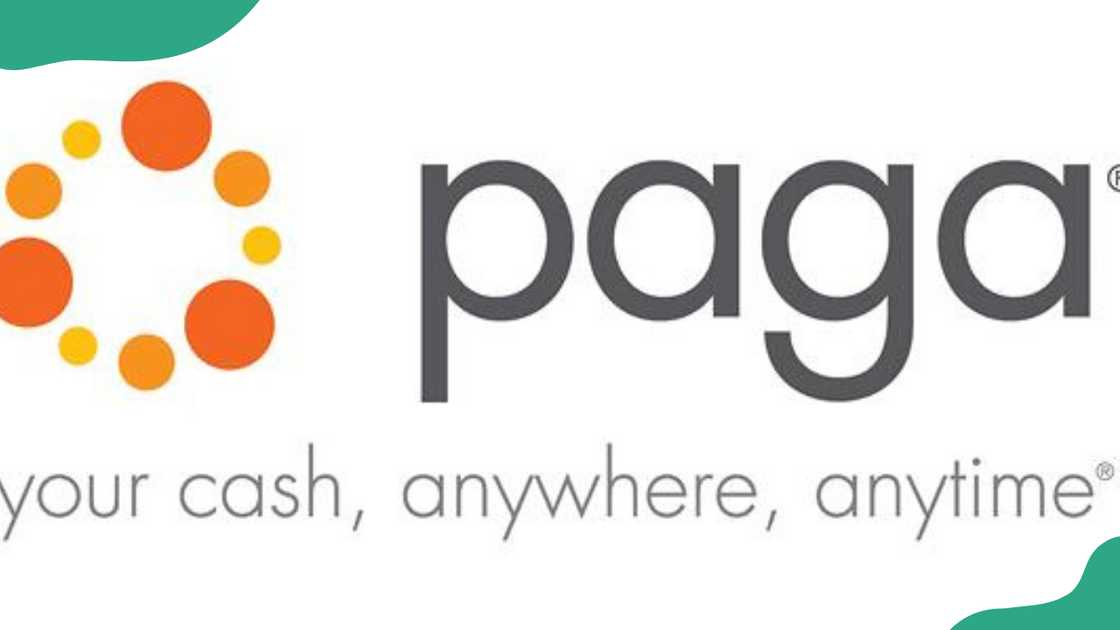
Source: UGC
- Founded: 2009
- Headquarters: Lagos, Nigeria.
- Industry: Fintech
- Valuation: $300 million
- Total funding: $35 million
Paga, a leading Nigerian fintech startup founded in 2009, has achieved a valuation of over $300 million, making it one of Nigeria's most valuable startups. The company provides various financial services, including mobile money transfers, bill payments, and airtime purchases.
Paga has raised a total funding of $35 million over 5 rounds. Its most recent round, a Series B in 2018, secured $10 million.
10. Konga
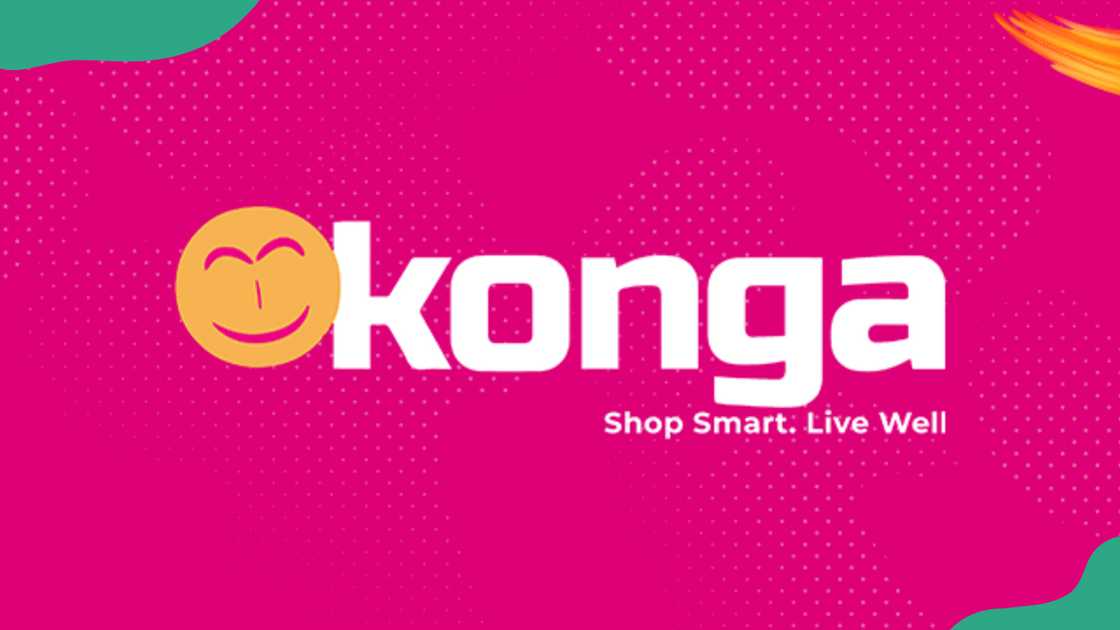
Source: UGC
- Founded: 2012
- Headquarters: Gbagada, Lagos, Nigeria
- Industry: E-commerce
- Valuation: $200 million
- Total funding: $75.9 million
Konga is one of Nigeria's leading online shopping platforms. Founded in 2012, Konga offers a third-party online marketplace and first-party direct retail spanning various categories including electronics, fashion, home and kitchen items, baby and kids products, beauty and health items, and groceries.
Konga was reportedly valued at approximately $200 million as of Series C. Konga has raised over $75.9 million across various funding rounds. This includes their Series C round in 2014, where they raised $40 million, becoming the highest single round raised by a single startup in Africa at the time.
How do these tech startups stand out in Nigeria?
Harry Tomi Davies, a Nigerian-British investor and Collaborator-in-Chief (CiC) at TVC Labs, explained in an interview that Nigeria’s tech startups are not only achieving remarkable market valuations but also addressing critical challenges while expanding their influence across Africa and beyond.
TD, as he is fondly called, outlines the input of some of these key players driving Nigeria’s tech revolution:
- Flutterwave: It’s the digital payments powerhouse that has revolutionized cross-border transactions, enabling businesses of all sizes to process payments seamlessly.
- Opay: Once a ride-hailing service, now a digital financial services provider, offering mobile payments, lending, and banking solutions. TD said, “With substantial backing from Chinese investors, Opay’s rapid growth underscores the increasing demand for cashless transactions in Nigeria.”
- Andela: It connects Africa’s top-notch tech talent with global opportunities. The ICT expert said that with Andela refining its work model and expanding beyond Africa, it has solidified its place in the future-of-work landscape.
- Interswitch: A veteran in Nigeria’s digital payments space, Interswitch plays a pivotal role in promoting financial inclusion with its Verve and Quickteller platforms. “Its extensive partnerships with banks and financial institutions reinforce its critical role in Nigeria’s fintech ecosystem,” TD added.
- Moniepoint (formerly TeamApt): It’s the go-to for powering small and medium-sized enterprises (SMEs). It achieved unicorn status after securing $110 million in funding in October 2024, with major backing from Google and other investors.
- Jumia: Often dubbed as the “Amazon of Africa,” it continues to be a leading e-commerce platform despite market ups and downs, and with strategic expansions in logistics and financial services, Jumia continues to adapt to the evolving digital economy in Nigeria and beyond.
- Kuda Bank: A leader in the neobanking sector, offering a mobile-first, branchless banking experience with zero-fee transactions and accessible lending solutions. Its customer-centric approach has made it a strong player in the financial inclusion space.
- Moove: This start-up is essential in addressing transportation financing challenges. It provides revenue-based vehicle financing for ride-hailing and logistics drivers, and by bridging the financing gap for gig workers, Moove is redefining vehicle ownership and mobility access in the country.
Which tech sectors attract the most investment?
TD explains that investors are backing startups that solve pressing challenges at scale, drive financial inclusion, and leverage technology to improve efficiency, such as:
1. Financial technology (Fintech)
Dominating the investment landscape due to Nigeria’s large unbanked population, rapid mobile money adoption, and the push for financial inclusion, this sector is an undisputed heavyweight.
It has also benefited from regulatory advancements and increased consumer trust in digital payments. Key players include but are not limited to: Flutterwave, Paystack, Opay, Moniepoint, Kuda, Interswitch, Paga, FairMoney, Carbon, Okra, PalmPay, PiggyVest, Migo, Rise, and Nestcoin.
2. E-commerce and logistics
As digital shopping soars, robust delivery networks are turning challenges into opportunities, thus making these sectors the backbone of digital trade.
Logistics startups are bridging infrastructure gaps, making e-commerce more accessible. Some key players are Jumia, Konga, TradeDepot, Kobo360, OmniBiz, Sendbox, ShapShap, GIG, Flutterwave Store, and Paystack Commerce.
3. Education technology (Edtech)
Driving digital learning for a youthful nation, this sector is quickly bridging the gap. Startups in this space are offering affordable, scalable education solutions for both academic and vocational training, such as Andela, uLesson, AltSchool Africa, SemiColon, Codar, Genius Hub, FlexiSAF, GetBundi, Edukoya, and Transition School.
4. Health technology (Healthtech)
Propelled by the COVID-19 pandemic, this sector continues to transform healthcare delivery, highlighting the need for telemedicine, digitized health records, and AI-powered diagnostics. Some tech-driven healthcare players are Helium Health, Clafiya, DrugStoc, Reliance Health, LifeBank, Remedial, MDaaS Global, and Intron.
5. Agricultural technology (Agritech)
Agritech startups are modernizing agriculture—Nigeria’s economic backbone—with smart solutions for food production, supply chains, and farmer financing. Some players enhancing food security in the country are Thrive Agric, Farmcrowdy, Babban Gona, Releaf, AgriConnect, Airsmat, and Farmstock.
6. Mobility and transportation
Offering innovative ride-hailing and logistics solutions to urban congestion and operational inefficiencies, these startups are shifting gears on the roads like Moove, MAX.ng, Gokada, Uber, and Bolt.
TD said, “As Nigeria’s tech ecosystem matures, we can expect even more innovation and investor interest in solutions that enhance financial access, trade, education, healthcare, food security, and mobility.”
How do these startups contribute to the economy?
According to TD, Nigeria’s leading tech startups are at the heart of the country’s economic transformation; he highlights the following impact of tech startups on economic development and employment:
- Job creation: These startups directly provide employment and stimulate significant indirect job growth across various sectors like the gig economy, software development, logistics, customer service, and more.
Jumia has built a vast network of delivery partners and merchants, while Andela has placed thousands of African developers in global remote tech roles. Ride-hailing, e-commerce, and fintech platforms have expanded employment opportunities for drivers, merchants, and mobile money agents nationwide.
- Economic growth: TD mentioned that the tech sector contributes between 10-15 percent of Nigeria’s GDP (gross domestic product), with fintech startups leading the charge in digital transactions and financial services expansion.
Digital banking, payment platforms, and e-commerce continue to boost cash flow, tax revenues, and productivity across industries. The ripple effect of tech adoption has led to increased efficiency in trade, agriculture, healthcare, and education.
- Attracting foreign investment: According to the ICT expert, Nigeria’s tech ecosystem attracted over $1 billion in venture capital in 2024, thereby positioning the country as a leading destination for tech innovation.
Global investors, including Sequoia Capital, SoftBank, Tiger Global, and Google, continue to bet on Nigerian startups, fueling innovation and expansion. The influx of capital helps local startups scale and compete on the international stage, reinforcing Nigeria’s position as a tech hub for Africa.
- Financial inclusion: Digital banking systems and payments are opening new avenues for Nigeria’s unbanked and underbanked population.
Digital financial services have reduced reliance on cash transactions, increased savings, and improved access to credit for small businesses and individuals. The expansion of mobile money has transformed the way Nigerians send, receive, and store money, boosting overall financial literacy and participation.
- Digital transformation: By embracing advanced technologies, these startups are solving local problems at scale.
Nigerian startups are solving critical challenges in payments, education, healthcare, logistics, and agriculture with scalable tech solutions. The rise of AI, blockchain, and data analytics is optimizing service delivery and enhancing efficiency across industries. These companies are setting new benchmarks for African innovation, positioning Nigeria as a leader in tech-driven problem-solving.
- Infrastructure development: E-commerce and logistics startups have accelerated the development of payment gateways, delivery networks, and warehousing solutions.
Improved last-mile logistics is enabling more Nigerians to access goods and services efficiently, expanding trade opportunities for small businesses. Digital infrastructure, including cloud computing, mobile connectivity, and fintech APIs (Application Programming Interfaces), is enabling seamless business operations across Nigeria and Africa.
TD also shared further insights by noting that, “Nigeria’s startup ecosystem is not just about creating wealth—it’s about transforming the economy, solving real-world problems, and laying the foundation for a digital future. These startups are proving that innovation, resilience, and investment in technology are powerful tools for economic development. As they continue to scale, their impact will extend beyond Nigeria, shaping the future of tech across Africa and beyond.”
How many tech startups are in Lagos?
Lagos is home to many tech startups, making it one of Africa’s biggest tech hubs. While the exact number is unclear, the city hosts several hundred startups, including billion-dollar companies like Flutterwave, Opay, and Interswitch.
What is the top tech startup in Nigeria?
According to various sources, the biggest tech company in Nigeria is Flutterwave, a fintech company that provides payment solutions. The company is valued at over $3 billion, making it one of Africa’s most valuable startups.
Is Nigeria a tech hub?
Nigeria is a big tech hub in Africa. Many startups and investors are helping the country grow in fintech, e-commerce, and other tech industries.
What are the highest-paying tech startups in Nigeria?
Top high-paying tech companies in Nigeria include Andela, Paystack, and Interswitch. They are known for competitive salaries and growth opportunities.
What is the fastest-growing fintech in Nigeria?
One of the fastest-growing fintech companies in Nigeria is Moniepoint, which became a unicorn in 2024 after raising $110 million and now processes over 800 million transactions monthly.

Read also
Femi Otedola’s brother, Rotimi, offloads N4.6bn Geregu shares as Nigerian billionaire’s wealth grows
These top tech startups in Nigeria play a significant role in the Nigerian economy and are helping to shape the country’s tech industry while creating new opportunities. Most of them have raised considerable amounts of capital from investors, with some securing over $100 million in funding.
Legit.ng recently published a list of dating apps in Nigeria. Nigeria is one African country that is quickly embracing online dating, with many apps developed to facilitate the connection of potential lovers locally and internationally.
These dating applications offer different features, and you can select the most appropriate one for your needs. This article introduces some of the best dating apps in Nigeria.
Source: Legit.ng

Night Mongina (Lifestyle writer) Night Mongina is an article writer with an experience of more than three years. She has been working as a writer in Legit.ng since August 2021. She won the Writer of the Year Award on Legit in 2023. Night worked with (KNA) Kenya News Agency as a freelance writer (2016-2017). She graduated with a Diploma in Health Records and Information from Kisii University in 2018. In 2023, Night finished the AFP course on Digital Investigation Techniques. In March 2024, she completed the Google News Initiative course. Email: nightmongina@gmail.com

Mary Ugbodaga (Lifestyle Journalist) Mary Ugbodaga is a Legit.ng journalist with 7 years of experience in journalism and media communications. She graduated from Covenant University in 2018 with a Bachelor's degree in Mass Communication/Media Studies. Mary previously worked as a journalist at TheCable, CNBC AFRICA, Voice of Nigeria, KPMG Nigeria. Email: mary.ugbodaga@corp.legit.ng.







